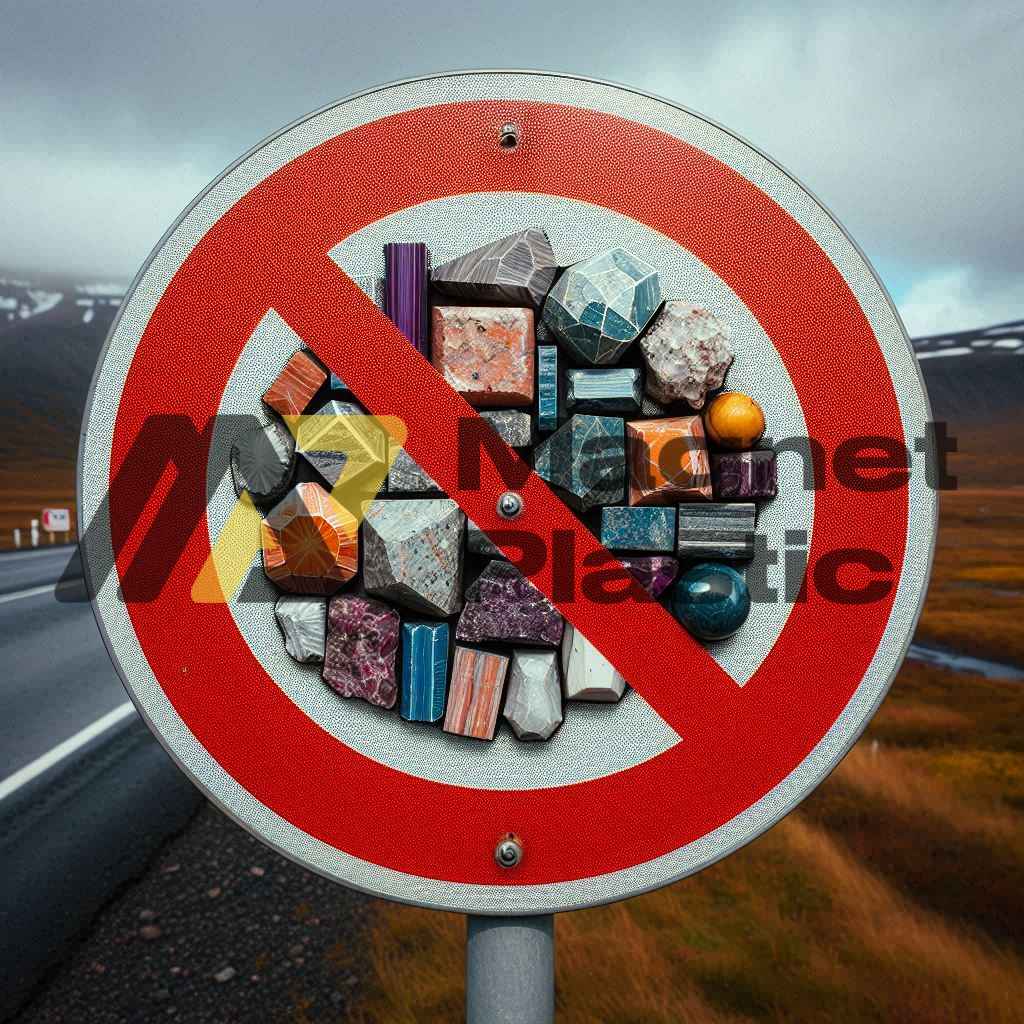China Suspends Rare Earth Exports
A Major Blow to Strategic and Military Sectors
China has sent shockwaves through global industry by suspending the export of rare earths, a move that threatens to destabilize strategic sectors such as defense, green technology, and automotive manufacturing. These materials are crucial for the production of advanced defense systems like THAAD missiles and F-35 fighter jets, the latter requiring up to 400 kilograms of rare earth elements per unit. According to The New York Times, this decision could directly target the U.S. arms industry.
China’s Dominance in Rare Earths
Although other countries possess rare earth deposits, China maintains an overwhelming dominance, extracting about 70% of the world’s rare earths and processing nearly 90% of them. In the field of heavy rare earth magnets, essential for drones, wind turbines, and electric vehicles, China also holds a commanding lead. Even Japan, despite producing some of the most sophisticated magnets, remains dependent on Chinese supplies in the medium and long term, despite maintaining strategic reserves.
A New Escalation in the Trade War
This suspension fits within the broader context of the economic standoff between Presidents Xi Jinping and Donald Trump. Trump, during his second term, has launched an even more aggressive tariff war against China than during his first, with cross tariffs now soaring to about 145%. As Trump threatens additional measures, Beijing responds by leveraging control over its strategic resources.
Uncertainty in the Tech Industry
The tech industry is closely watching developments, wary of further escalation. While Trump has hinted at possible exemptions for phones and computers—offering some relief to major companies like Apple and Samsung—the future remains uncertain. For now, semiconductors and pharmaceuticals are excluded from the new tariffs, pending specific regulation.
An Advantage for the Electric Vehicle Sector
The rare earth export restrictions could actually benefit China’s electric vehicle industry, boosting both domestic brands like BYD and foreign players like Tesla, which operates a major plant in Shanghai. Meanwhile, Chinese exports surged by 12% in March 2025, fueled by a race to beat new tariffs.
Rare Earths as a Geopolitical Weapon
China’s use of rare earths as a geopolitical tool is not new. For years, it has restricted sales abroad in response to U.S. limitations on Chinese access to advanced semiconductor technologies. Sixteen months ago, Beijing had already tightened controls on the export of rare earth magnets and the technology used to produce them.
U.S. Scrambles for Alternatives
The United States currently operates a single rare earth mine in California, making it the world’s second-largest producer. However, only about 2% of global reserves are located in U.S. territory. This shortage has fueled American interest in places like Greenland, where billionaires such as Jeff Bezos and Bill Gates are investing heavily in new exploration projects.
Southeast Asia at the Heart of Strategic Moves
The situation becomes even more complex as Myanmar, the third-largest rare earth producer, falls within China’s sphere of influence. Meanwhile, Vietnam—believed to have significant rare earth potential—welcomed Xi Jinping this week on a rare anti-protectionist tour of Southeast Asia, which will also include stops in Malaysia and Cambodia. The future of the green and defense industries seems increasingly tied to China’s magnetic influence.
